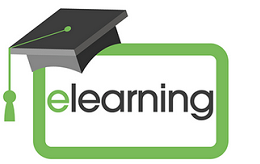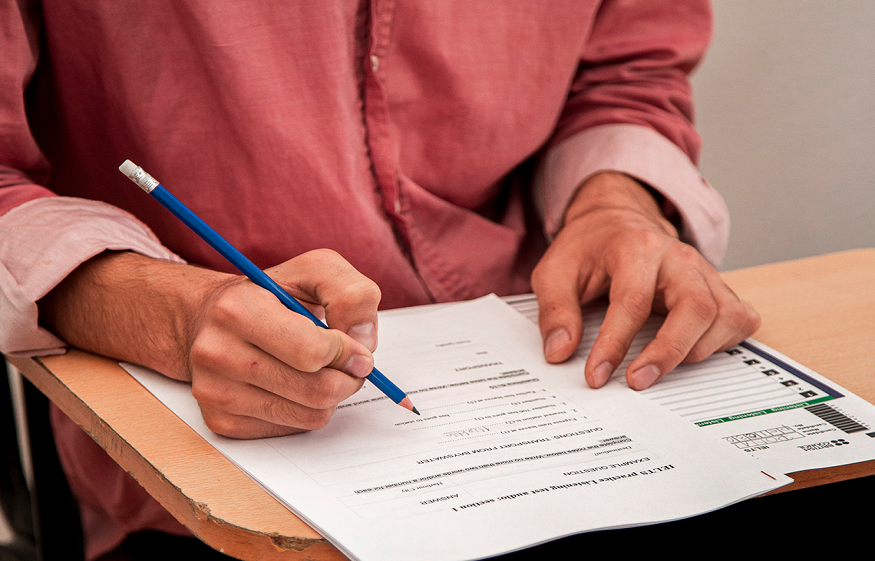In many professions, companies and professional associations organize examinations in order to check the aptitude of candidates for an apprenticeship and to assess their chances of success in professional courses. Targeted preparation can therefore be useful.
What is possible, on the other hand, is to prepare with the help of information sheets drawn up by the Cantonal Orientation Office with the collaboration of professional circles. These sheets, which provide useful details on the content of the main admission exams organized in the canton of Vaud, can help candidates to overcome their apprehensions.
Different types of exams
When the training places available are fewer than the interested candidates, certain examinations may take the form of a competition . This is often the case in technical or applied arts schools. In other examinations, called “threshold”, candidates must reach a certain number of points, the bar of which may represent the level of the end of compulsory schooling or the average level required by the association or the company.
The results communicated are presented in various aspects, depending on the type of examination: for example, a ranking for a competition, a total of points for a “threshold” examination, or even a notation, as at school.
What to expect?
The exams focus on the skills required by the job in question:
Technical and manual occupations require mathematical and reasoning skills, as well as practical intelligence.
Business professions value language skills and written communication ability.
If it is not necessary to have prior knowledge of the trade, it is nevertheless good to know, for example:
- The school tests examine the knowledge acquired in French, foreign languages or mathematics. You can revise these notions. Questions of general culture sometimes complete the school part. These may be questions relating to history, geography, science or even current affairs.
The exercises below are intended to show you the type of review needed by providing examples of questions you may encounter. Indeed, it is risky to take an exam without first checking that the school notions supposed to be known are still in memory.
If they have no test value, these exercises allow you to familiarize yourself with this type of test by putting yourself in a situation.
- The so-called “psychotechnical” tests aim to assess speed, concentration, logical reasoning, spatial representation, verbal comprehension and memorization. Unlike other tests, you cannot prepare for these tests, which are not based on academic achievements. On the other hand, it can be useful to become familiar with certain types of tasks. Indeed, the tests being timed, the time factor plays a big role. It is better, for example, to skip a difficult question rather than to want to solve it at all costs, and to treat in priority the problems which seem accessible.

